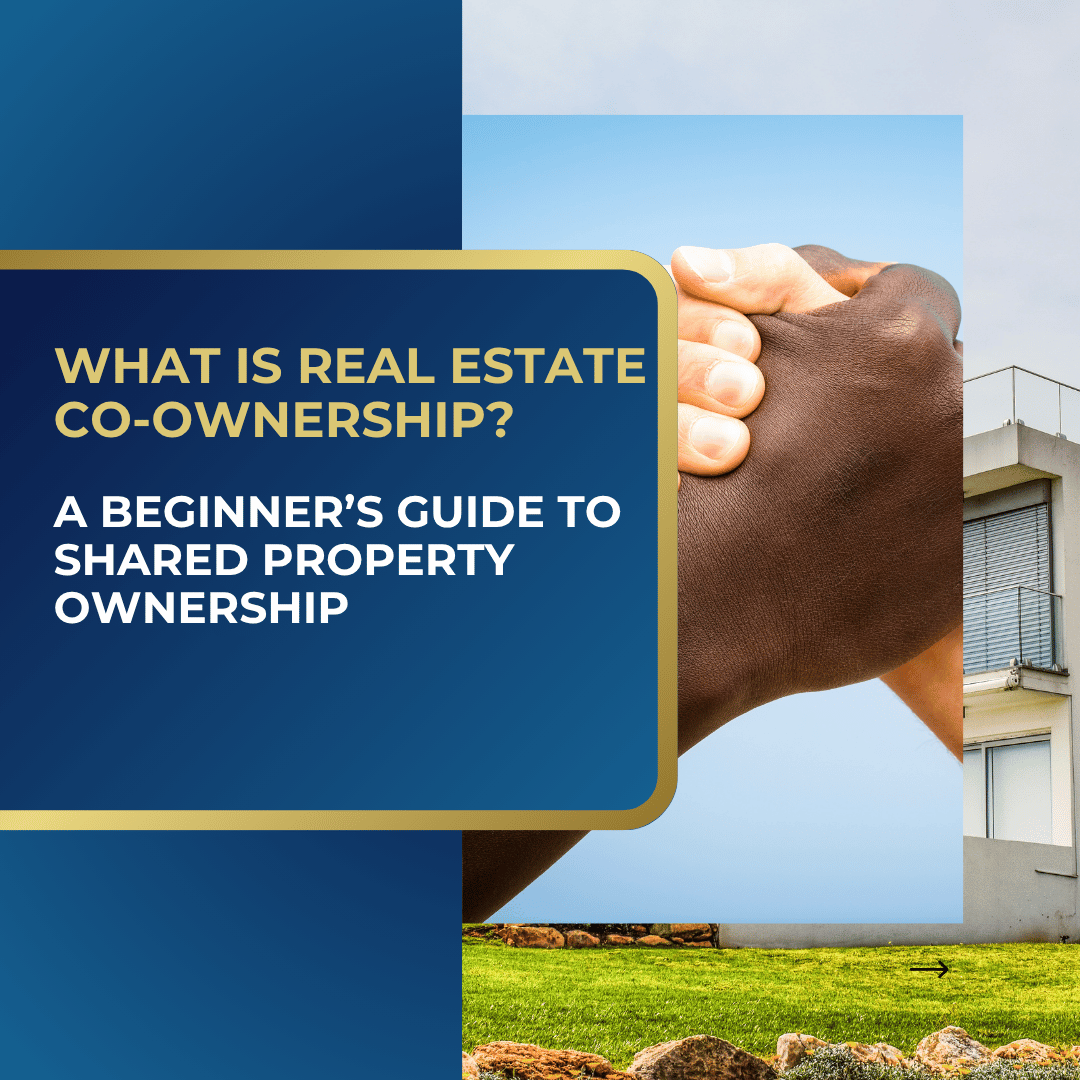In today’s world of rising property prices and limited housing affordability, the idea of owning a home may seem like a distant dream for many, especially young professionals, first-time buyers, or diaspora Nigerians looking to invest back home. However, one innovative solution is increasingly making property ownership more accessible: real estate co-ownership.
What Is Co-Ownership?
Co-ownership, sometimes called joint ownership or fractional ownership, is a property arrangement where two or more individuals or parties purchase and share ownership rights to a property. Each co-owner holds a legally recognized portion of the property and typically shares responsibilities like maintenance, taxes, and mortgage payments (if applicable).
It differs from timeshares in that co-owners have actual equity in the property and can benefit from its long-term appreciation.
Why Is Co-Ownership Becoming Popular?
- Affordability: Buyers can own property at a fraction of the cost by pooling resources.
- Accessibility to Prime Locations: Co-ownership opens up opportunities in high-demand markets like Lagos, Abuja, or even London.
- Shared Responsibility: Expenses and risks are split, reducing the financial burden on a single party.
- Investment-Like Value: While it isn’t marketed as a regulated investment product, co-ownership allows people to benefit from potential property value growth.
In markets like the UK, co-ownership is an increasingly accepted path to homeownership, particularly among millennials and working-class buyers. In Nigeria and across Africa, the model is gaining traction thanks to platforms like Citisquare Africa, which make shared ownership simpler, safer, and digitally accessible.
How Does Co-Ownership Work in Practice?
Let’s say four people co-own a property together. Each person contributes 25% of the capital and becomes a shareholder with 25% rights. The group may agree on how to manage the property (e.g., lease it out, live in it, sell in the future), usually formalized via a co-ownership agreement.
Key Elements Usually Included:
- Shareholding structure
- Usage or rental terms
- Buyout clauses or exit strategy
- Maintenance and upkeep responsibilities
With a trusted platform like Citisquare Africa, these agreements and property processes are standardized, verified, and supported by experienced legal and real estate professionals.
Is Co-Ownership Right for You?
Consider co-ownership if:
- You want to start your real estate journey but have limited capital.
- You’re open to sharing ownership with trusted partners.
- You’re interested in property for long-term value, not immediate full control.
It’s not ideal if you’re looking for 100% privacy, full control of space, or instant resale options. Like any financial decision, it’s essential to do your due diligence.
Final Thoughts
As real estate continues to be a powerful way to build generational wealth, co-ownership is opening doors that were previously shut for many. Whether you’re based in Nigeria or abroad, it offers a low-barrier, structured way to participate in the property market.
At Citisquare Africa, we’re proud to simplify this process with verified listings, transparent legal support, and flexible shared ownership models that empower more people to own property confidently.
📩 Interested in learning more?
Fill out this form to explore our current co-ownership opportunities or schedule a free discovery call with our team.

